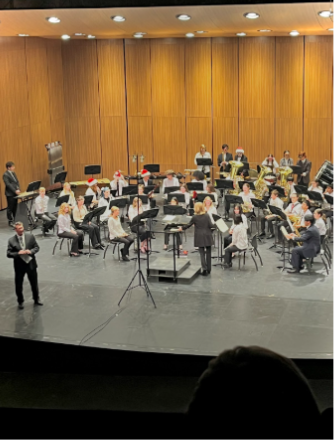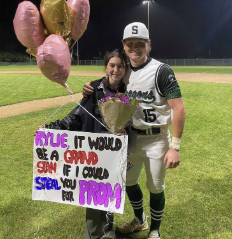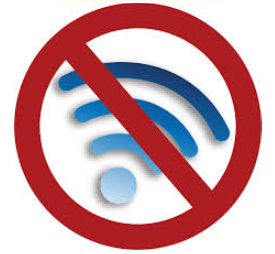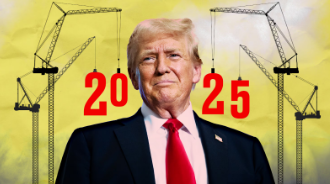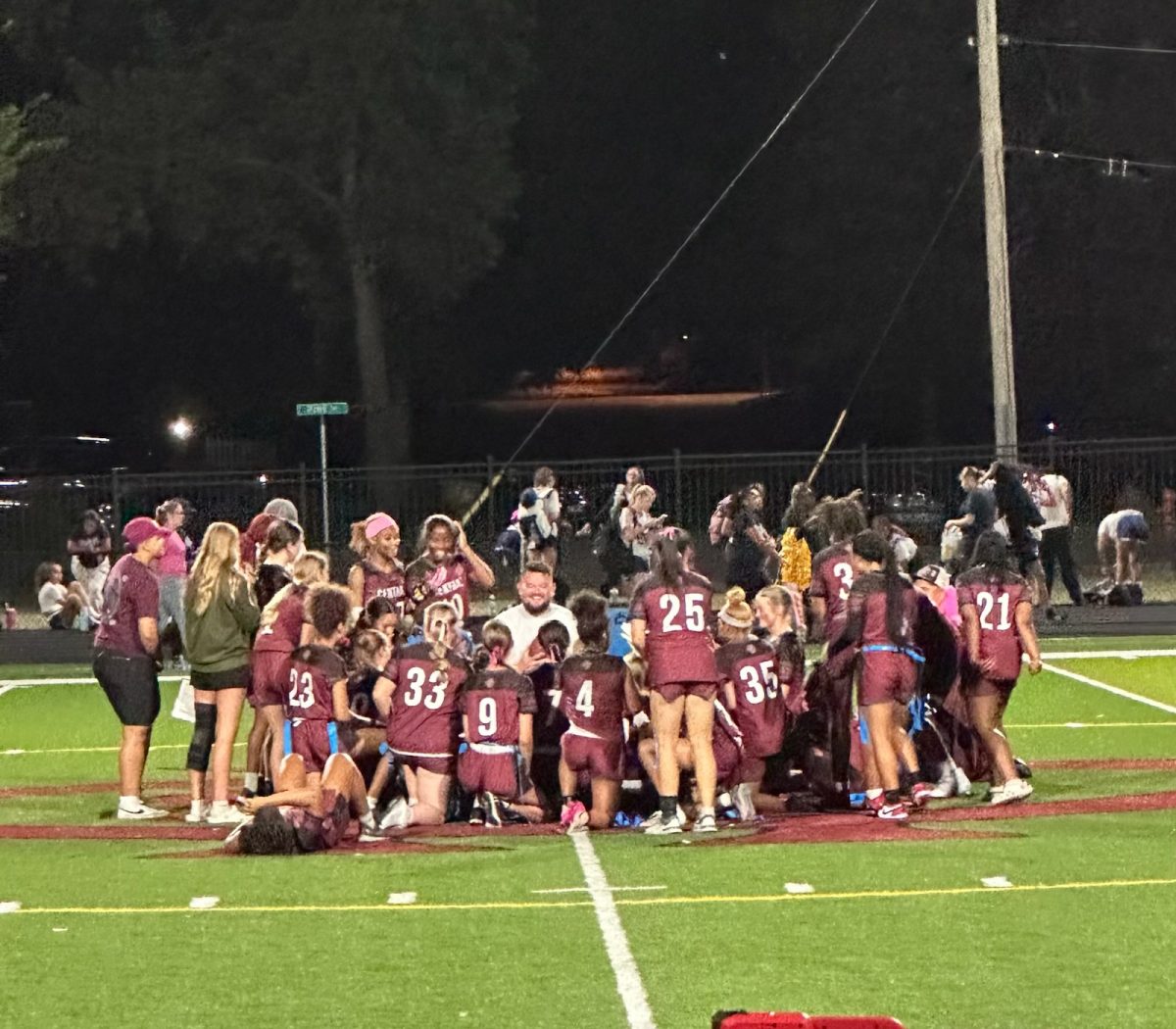Mississippi’s New ‘Jim Crow’ Bills

April 17, 2023
On February 7th, the Mississippi House of Representatives passed a bill, HB 1020, expanding the area patrolled by state police in Jackson, Mississippi, and creating new courts with appointed judges rather than elected ones, essentially increasing state control. Critics of this bill say that the bill “looks like Jim Crow” because it effectively diminishes the power of Jackson citizens, who are mainly black, in exchange for increasing the power of the mainly white state government.
So what were Jim Crow laws? “Essentially,” Brandon Goslin, a US history and government teacher, said, “[they] kept the legacies of slavery, namely white power, in place all the way through to today.” They were implemented after the abolition of slavery to limit the power of black people through laws enforcing job segregation, criminalizing vagrancy, and suppressing the vote. Most Jim Crow laws were removed from law or declared unconstitutional after the civil rights movement, but their effects still linger in subtle ways, like this bill.
Bill HB 1020 is not overtly racist. One of its sponsors, Senator Trey Lamar, a white Republican, even told the Associated Press, “There is nothing racial about the bill on its face, and there is no intent for the effect to be racial.” He explained that he submitted the bill to make Jackson safer and to reduce the judicial backlog of cases. Goslin disagreed. “The lawmakers who created the bill can argue that they are doing this to ‘make the city safer’, but who are they making it safer for?” The bill doesn’t address Jackson residents’ true concerns, such as racial profiling or excessive use of force, which is why these laws are truly “an attempt to continue the systems and institutions that oppress black people in America,” according to Goslin.
Opponents of the bill say that it takes away the power to vote from Jacksonians and leaves the judges with no accountability whatsoever. “I think it’s unfair,” said Senior Alex Curry. “It’s just another one of those loopholes… and it’s kind of sneaky.” Sophomore Nevaeh Bickerstaff agreed. “Their goal, by doing this, is to silence those minority voices in the state.”
When asked about solutions, Bickerstaff suggested making sure voters have all the information they need to vote. They said, “Make sure that you’re voting for the right people, make sure that you’re educating young voters on why it’s responsible to vote, educate people on politics and researching politicians.” Goslin said, “I don’t know if there is an easy or simple solution to these larger scale problems.” He recommended having honest discussions on US history without whitewashing it, and that politicians should recognize their privilege and help the government get rid of oppressing laws and institutions. “These are not easy overnight fixes,” he concluded, “but until we as a country can do that, I don’t know if we will have lasting change.”













